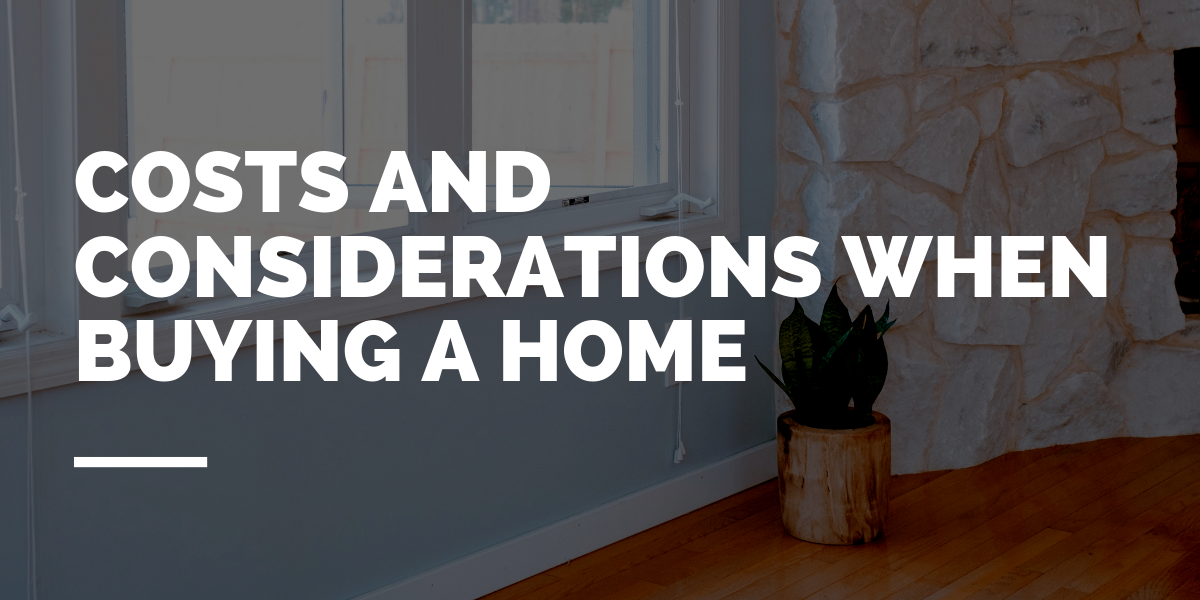Beginning a home search is exciting and many people just jump right in without considering all the elements that make a home truly right for them. It is a complicated and personal process. With an unsuitable choice, you could lose money, waste time and effort relocating, or even put your family’s health in danger.
Choosing a Neighbourhood
Remember that you can renovate a house, but neighbourhoods take years to change and there is no guarantee they will change for the better! On the other hand, if you really love a certain part of town but it’s out of your price range, you may way to consider buying a less-than-perfect home then doing renovations. They can be quite expensive so try to make improvements that will be reflected in the value when you sell. These renovations have been found to have the greatest payback:
• kitchen 70%
• bathroom 68%
• interior paint 65%
• exterior painting 62%
Tips on Choosing a Suitable Neighbourhood
• When you find a locale you like, take a walk around it. See what it’s like from street level.
• Are the people friendly?
• Are there stores and recreation facilities nearby?
• Contact the local school board if you have children. Do local schools provide good education opportunities? If applicable, are there private/religious schools?
Figure Out What You Can Afford
Consider how much you currently need to live on and how much you actually have leftover every month. People have a tendency to create budgets that look nothing like reality – when I should have $400 leftover, for some reason I only have half that.
Consider these basic costs of buying a new home:
• A down payment of several thousand dollars is required
• Monthly mortgage payments can be 1/3 of the average person’s annual net income
• You may want to pay for a home inspection. Make it a thorough inspection of the home. Ask the inspector to check for asbestos, pest infestation and lead.
• Consider moving costs. This can range from a couple hundred to several thousand dollars depending on the distance of your move and the number of belongings.
Financing
The sort of home you can afford depends on several things:
• How much you have saved
• How much you earn
• Past earnings
• Your credit rating
If you are concerned about your credit rating, you can usually get a free copy of your rating report from a local credit bureau. Normally all that is required is a couple of pieces of photo identification. Remember, a few late payments or disputed bills can damage your record. Try to pay everything on time and don’t have more than two credit cards. Having a bad rating makes it difficult to get a mortgage, or you end up paying more for your mortgage as a form of insurance to the lender.
Pre-Qualification
Documents from a bank or other lender that indicate that you have the financing to back up an offer on a house verifies pre-qualification. This is a free service and most lenders are happy to sit down with prospective buyers to figure out how much they can afford. Having an accurate idea of a price range you can manage will save time in the bidding process. If there are several people making offers on your dream home, being pre-qualified can make your offer more attractive, since financing is not a question. However, keep in mind that lending institutions will base their final decision about a mortgage on the ability of the buyer to service the debt as well as the property. Most lenders say the two components go hand in hand – the buyer with the ability to repay a mortgage and the property as security in the event of default on payment.
By considering all these points, you can worry less about the process of buying and get busy finding your ideal home!

 Facebook
Facebook
 Twitter
Twitter
 Pinterest
Pinterest
 Copy Link
Copy Link
